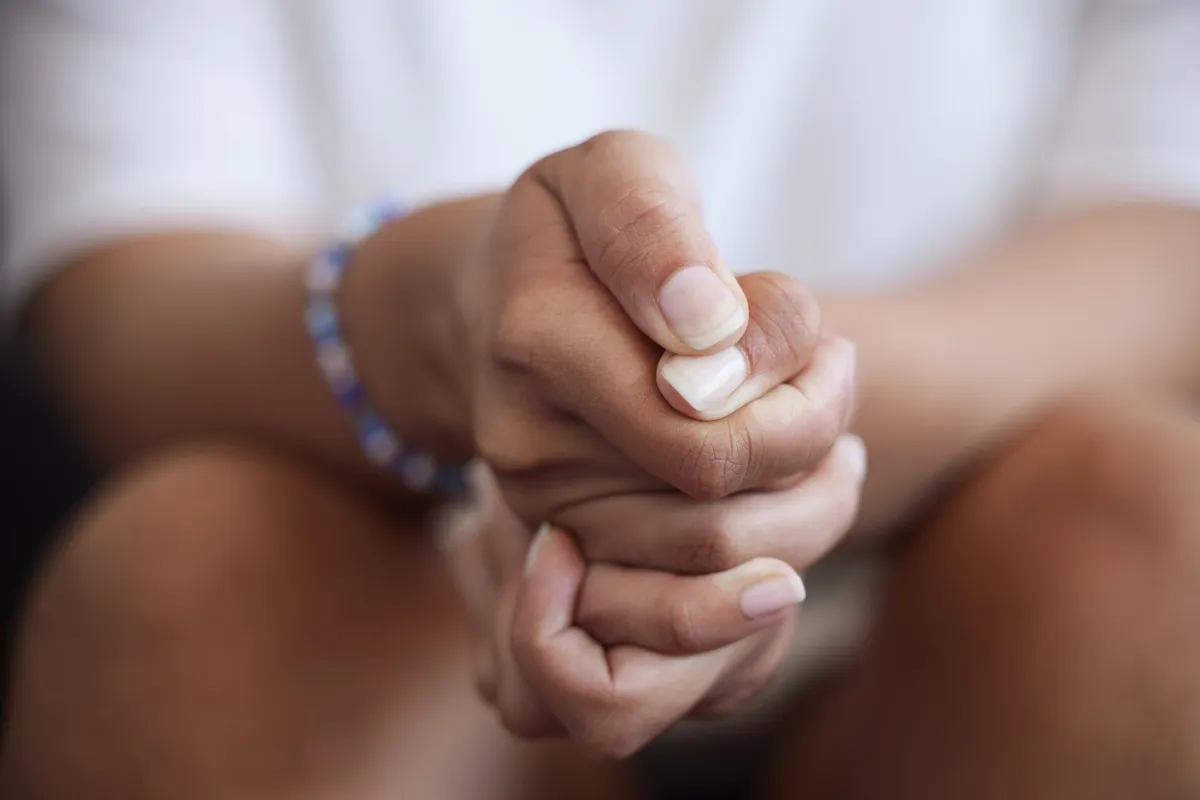What respect looks like in mental health and drug and alcohol care

Too many people walk away from services that never truly saw them. Respect is a word often used in care settings, but it means different things to different people. In mental health and drug and alcohol care, it can’t just be said. It must be shown. This is especially true when working with Aboriginal and Torres Strait Islander communities, where cultural sensitivity and trust are essential.
At Marrin Weejali, we provide addiction recovery and emotional support in a way that feels safe, respectful and grounded in culture. You’ll see it in the way we listen, the way we speak and the way we honour identity, choice and lived experience.
Listening without judgement, valuing lived experience
Respect flourishes when people feel allowed to share without fear of being fixed or corrected. Listening closely and letting someone speak in their own time and in their own words is powerful. Research shows that when people feel heard, shame decreases. That shift matters in addiction recovery, where shame often stops people from reaching out in the first place.
Speaking freely also allows hidden issues to come to the surface. In mental health and addiction care, it can reveal pain or patterns that routine questions might miss. Respect means allowing space without pressure.
Sharing lived experiences helps build meaningful relationships. When someone has faced addiction or emotional pain, they offer support that feels less clinical and more genuinely connected. For those still struggling, it can be inspiring proof that recovery is possible.
Respecting culture, identity and community
Healing rarely happens in isolation. For Aboriginal and Torres Strait Islander people, support often feels more genuine when it reflects the role of family, community and connection to Country. When care acknowledges these foundations of identity, it becomes easier to engage with and more likely to be trusted.
Language, dignity and the impact of words
The words we use around mental health and addiction can either open doors or close them. Language is more than just vocabulary; it shapes how people see themselves, how they’re treated, and whether they feel safe asking for help. In Aboriginal and Torres Strait Islander communities, where harmful experiences have often eroded trust in services, words carry even more weight. Respect should guide every conversation.
Language that blames or shames can push people further from the support they need. When someone is reduced to a label or treated like a problem, it adds to the weight they’re already carrying. Even well-meant words can do harm if they come from assumption rather than understanding, so choosing them carefully is a natural way to show respect for the person and their experience.
Using respectful, people-first language protects dignity and helps shift focus from stigma to strength. It reminds the person that they are more than a diagnosis or struggle and sets the tone for care that is collaborative rather than corrective, and reinforces their role in their own healing.
Choice, consent and self-determination
Respect is often assumed, but in care settings, it needs to be shown through action. Offering choice, both in major decisions and everyday moments, builds trust. Whether it’s who to speak to, how appointments are structured, or what kind of support feels right, having options reminds people that their voice is heard and their needs are important.
In drug and alcohol care, a loss of control is often part of the story. That’s why restoring a person’s sense of choice is essential. Being offered real options gives people space to feel heard, which encourages them to participate more fully in their own care. That autonomy is self-determination in practice.
Take the first step towards healing and reconciliation
You don’t build trust by speaking louder. You build it by listening properly. Respect in mental health and addiction care is so much more than simply being polite or using the right tone. It involves recognising power dynamics, stepping back when needed and allowing people to lead their own healing in ways that feel right to them. It means letting go of assumptions and staying present in the moment, even when the stories are hard to hear. Respect isn’t a single act. It’s the foundation for helping people repair what’s been broken.
At Marrin Weejali, our programs support individuals, families and communities to overcome the impacts of substance use and build stronger, healthier futures, always with respect.
If you or someone you know needs support to overcome addiction, you are welcome at Marrin Weejali.
Contact us for a confidential discussion.

